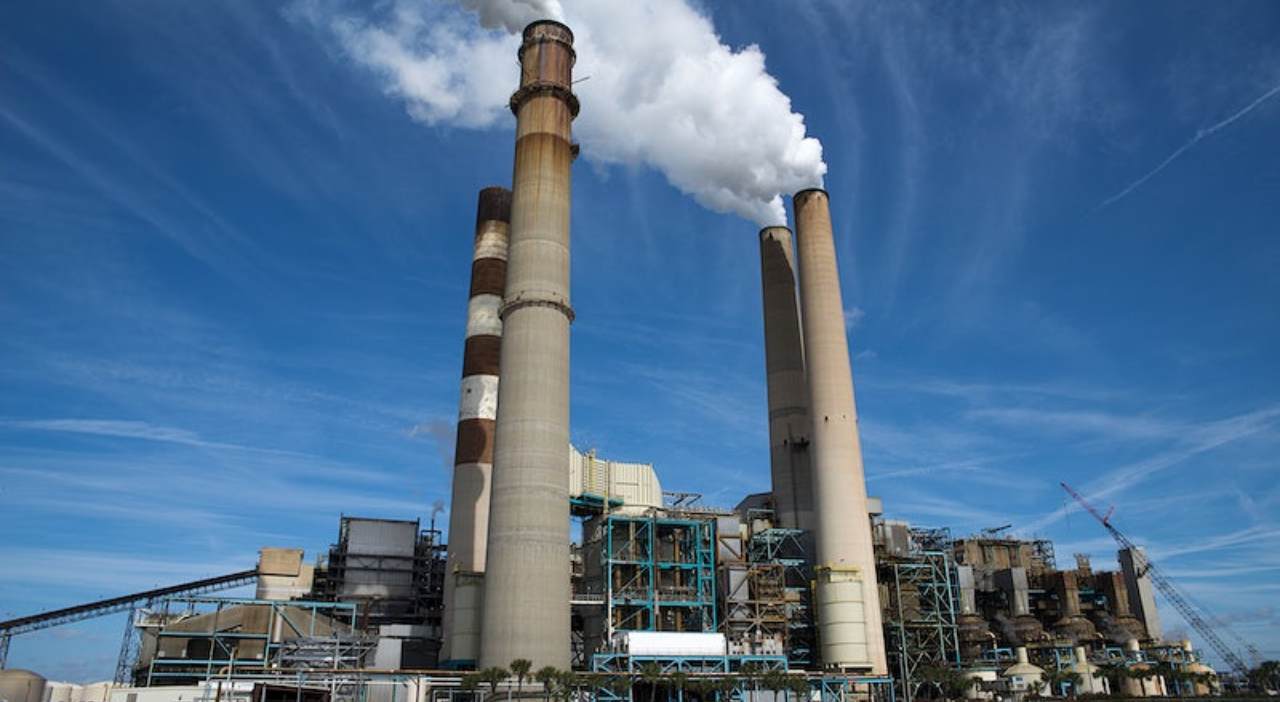A new report by the Institute for Energy Economics and Financial Analysis (IEEFA) on Wednesday said robust decarbonization plans that align with climate science-based net zero targets will be critical to mobilizing this rising tide of sustainable finance.
The IEEFA report compared NTPC and Tata Power’s path to clean energy deployment and greenhouse gas emissions reduction with that of Italian energy company Enel, which has raised billions of dollars for its decarbonization as a pioneer of sustainability-linked financial structures.
IEEFA research analyst Saurav Trivedi, the co-author of the report, said, “As India’s leading power companies, NTPC and Tata Power are role models for charting successful pathways to transforming their business models and attracting foreign private capital,
“However, successfully engaging serious green investors would depend on the companies’ ambition and the transparency of their transition plans.”
The Reserve Bank of India (RBI) has recommended that financial institutions voluntarily reduce potential climate risks in their portfolios. Such a move would force its customers in emissions-intensive industries to implement sustainable energy conversion strategies.
A recent RBI advisory paper also recommended that financial institutions start taking climate risk into account while investing or lending in sectors vulnerable to the energy transition.
The IEEFA report said that NTPC and Tata Power can meet their capital needs through traditional financing. However, if the RBI’s recommendations are implemented, companies may face higher financing costs.
“Global investors are increasingly concerned about climate risk,” say Trivedi and co-author Christina Ng, Research and Stakeholder Engagement Leader, Debt Markets, at IEEFA.
“To access new financing instruments in foreign capital markets, such as sustainability-linked bonds and loans, Indian fossil fuel-based companies must convince foreign investors, especially environmental, social and governance (ESG) investors, that they are taking big steps to become clean energy companies.
“This involves explaining how they plan to adapt their business models, establishing ambitious targets and outlining financing strategies to achieve their targets.”
NTPC and Tata Power have ambitious clean energy implementation plans that will require significant capital outlay, the report said.
However, plans to reduce emissions intensity to 17% and 20% respectively by 2030 fall short of the path recommended by the Intergovernmental Panel on Climate Change (IPCC).
The IEEFA report comes at a time when countries and companies are being scrutinized for decarbonization plans. Assessments such as the New Climate Institute’s recent report help governments and businesses find and fill gaps.


























